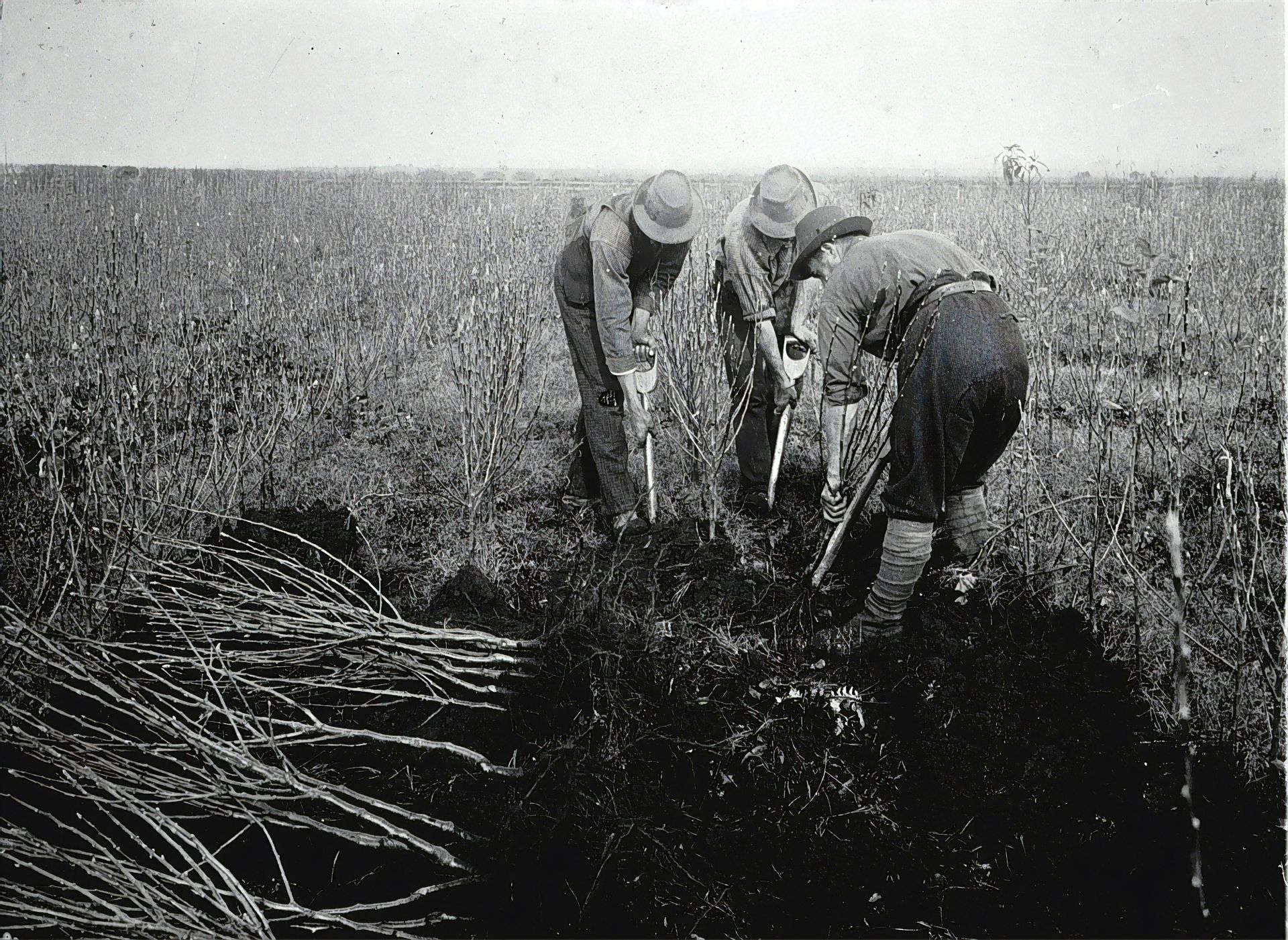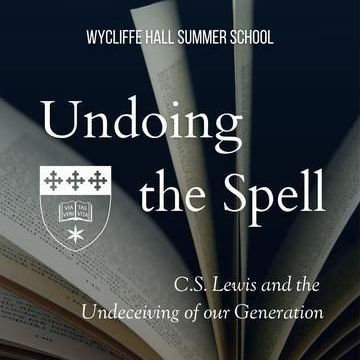New Musing: Who wrote Revelation?
Got a question? I'll try and answer it!
The Musings page of susemcbay.com is my Q&A page - a place for people to submit questions they may have about life, faith, the Bible and theology, and I'll do my best to give a brief answer. I'm aiming to answer 1-2 questions a month, but we'll see how things go and I may adjust from there! Here's one question I received...
Question: “It seems to me that John of Patmos would be given "extra credence" if he were the John of the 4th Gospel, but it seems so much time had elapsed. What's the "orthodox" thinking on this, and what is the more modern thinking?”
Who is the John that wrote Revelation?
Revelation 1:4 attributes the recipient of the visions in the book to God’s servant John. This John is the one sending this letter to the seven churches (1:9). He is John “your brother” who was “on the island called Patmos [an island off the coast near Ephesus]” (1:9). Towards the end of Revelation he is identified as one from among the prophets (22:8-9). It’s highly likely that he’s of Jewish origin, given the richness of the Old Testament imagery in Revelation. However, little else is written to give us clues as to the identity of this John of Patmos—who he was and his backstory and his place within the early church.
It’s worth noting, for the sake of the question asked, that I’m going to put aside the question of pseudonymity (i.e. the belief that some of the New Testament texts were written using the name of a key apostle or figures in the Christian church, perhaps as a nod to that figure’s teaching and understanding of the gospel). Because whether or not Revelation is pseudonymous, the name John is still the name that was used. It’s either the name of the author himself or the name of person that a not-John considered important enough to use in his book.
So the question remains: which John is it?
As mentioned, Revelation itself gives very little away. If you compare it to the Greek of the material attributed to John the Apostle (and brother of James, one of the Sons of Thunder from Mark 3:17), it’s significantly different. So there’s not much of a textual case to tie John of Patmos to John the Apostle. (Although that also gets muddy pretty quickly, as few would go with John the Apostle as the author of the Fourth Gospel…)
What evidence do we have?
Well, there’s a significant amount of extrabiblical corroboration from the early church that John of Patmos was John the apostle.
Justin Martyr, in the early 2nd century, identified it with John the apostle (Dial. 81:15), as did Irenaeus, although the latter describes him not as an apostle but as the “disciple of the Lord” (Adv. Haer. 4.14.1; 5.26.1). Interestingly Irenaeus had a personal connection to him as well. Irenaeus had known Polycarp in his youth—who was a close associate of John’s. Clement of Alexandria, Tertullian, Papias and Origen all accept this identification of John of Patmos as John the Apostle. Although agreement wasn’t universal (e.g. Eusebius and Dionysius), the general view of the early church does identify the author of Revelation with John, the brother of James, disciple of Jesus and eventual apostle.
Modern scholars are more skeptical. As mentioned, John is nowhere identified as an apostle in the book of Revelation, only a prophet and a brother. Likewise, there’s no personal testimony of knowing Jesus as one of the twelve disciples. And not only is he identified as a prophet but clearly one of a group of prophets (22:9). It’s possible that this in itself counts against identification with the apostle, because (as far as I’m aware) there’s little that identifies John the apostle as taking on the role of prophet.
Dionysius, bishop of Alexandria, questioned the John the apostle identification because of the differences between the Greek of Revelation and that of the Fourth Gospel, although that only matters if John the apostle wrote the Gospel (see how confusing it all gets?). He mentions two monuments to two Johns in Ephesus, with the implication being the non-apostle could be the one of Patmos (cf. Eusebius, Hist. Eccl. 7.25).
So which is it? Who was the enigmatic prophet and Jewish believer, John of Patmos? The biblical evidence is slim to identify him with the disciple-turned-apostle. The early church evidence is wide that it was. Modern scholarship (as well as Bishop Dionysius) isn’t persuaded for some good reasons.
What do you think?
Like this answer? Have your own question? Submit it here here.



